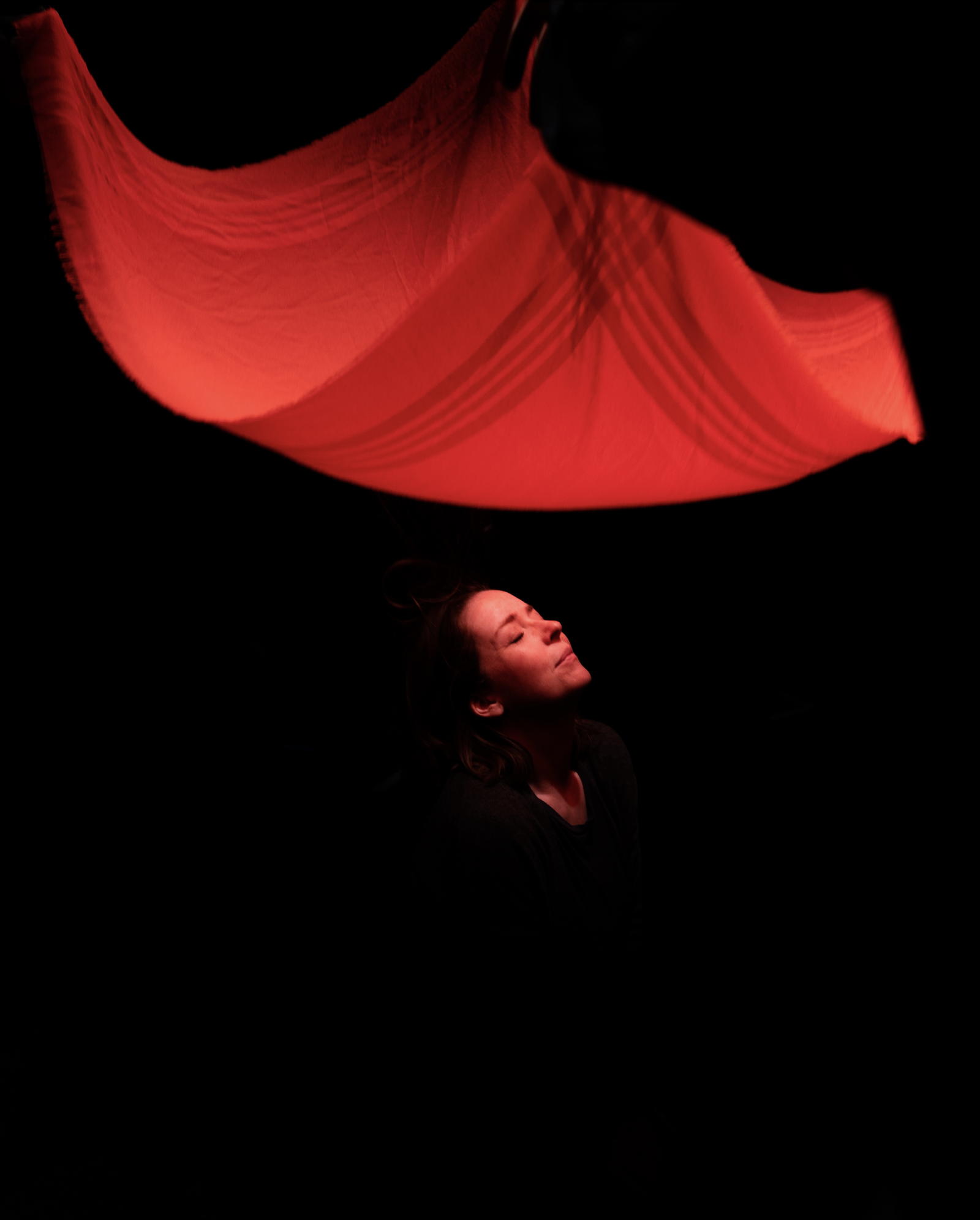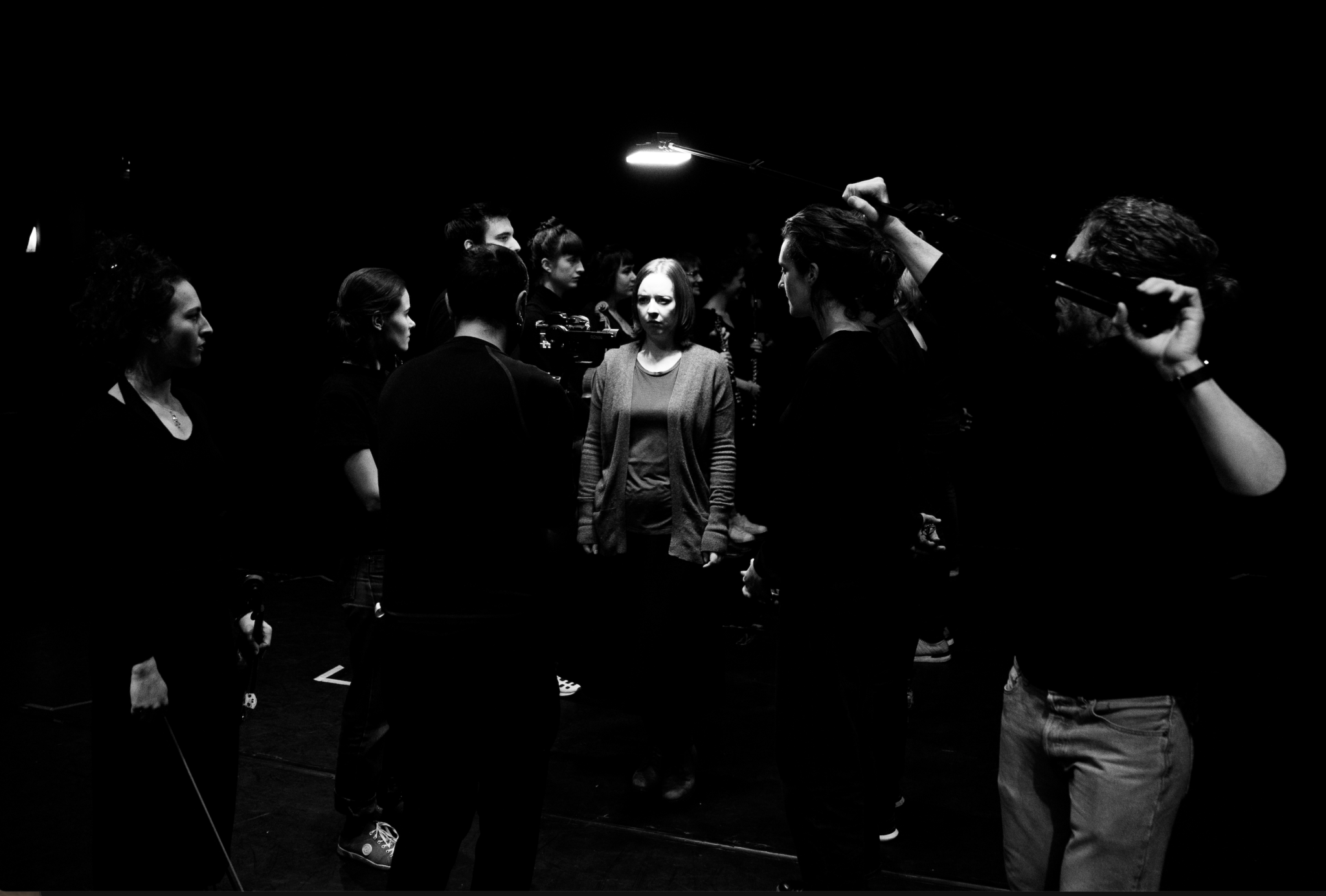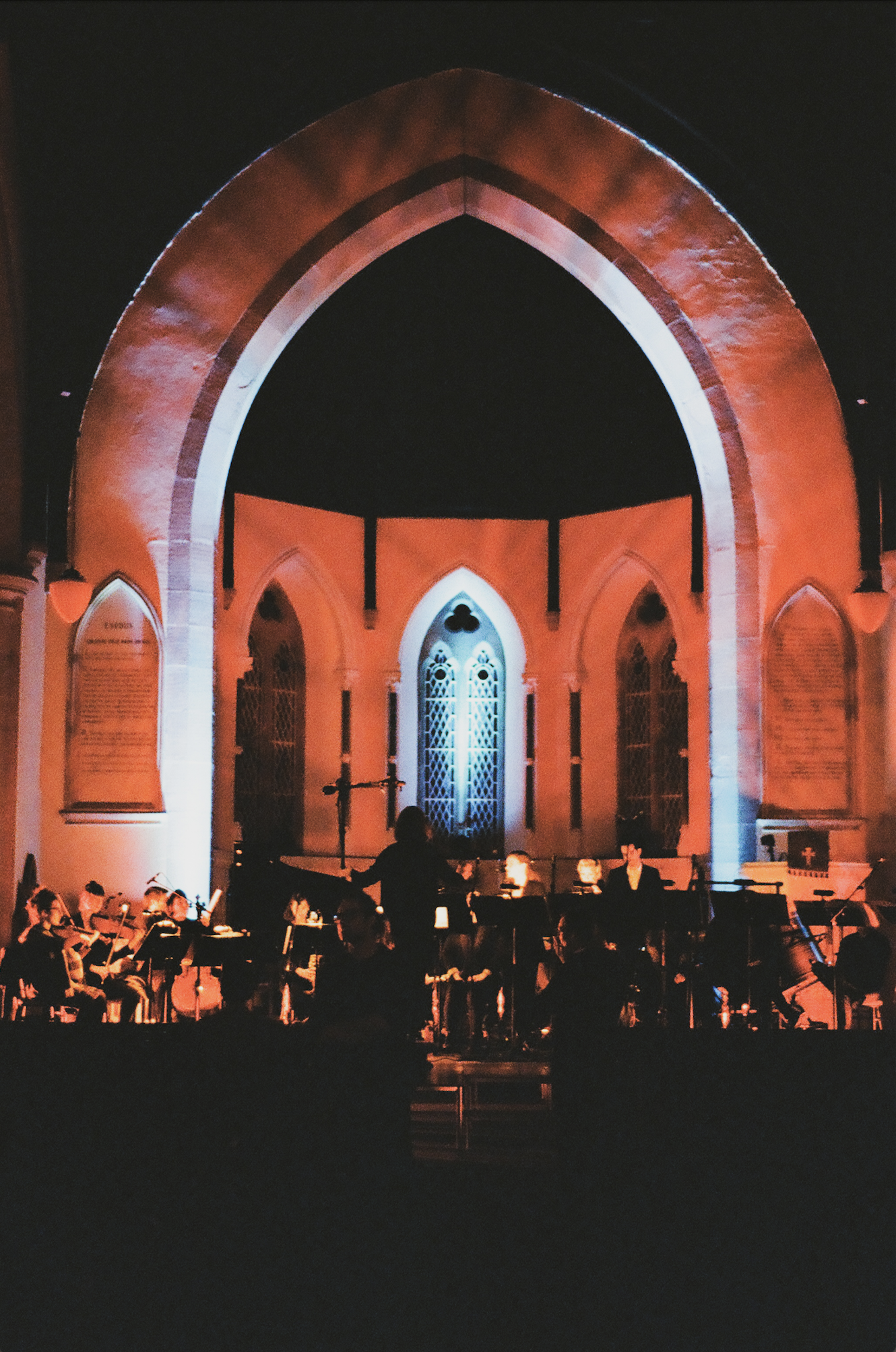- Culture
- 11 Nov 21
Michael Gallen on new opera, Elsewhere: "There's a real power in coming from the fringes"

Opera composer Michael Gallen divulges his approach to creating his innovative and creative new opera Elsewhere, running at the Abbey Theatre from November 15th to 20th.
It started out with a single line in a history book on the Monaghan Asylum Soviet of 1919. Coupled with a dream developed in composer Michael Gallen's bedroom, this groundbreaking new opera, Elsewhere, has grown to great heights, playing at the Abbey Theatre from November 15th to the 20th.
Elsewhere brings to light an enthralling moment in history that has been practically forgotten, when the staff of the Monaghan Asylum barricaded their hospital gates and declared themselves an independent Soviet commune. This strike, led by republican activist and writer Peadar O'Donnell, brought asylum workers and patients together in collective action, presenting a revolutionary vision of what a care-centred society could look like.
A radical story for the time, Gallen found that "amongst the things that the strikers were looking for were a shorter working week, but also exact gender pay equity between male and female workers. And I remember thinking, you know, 1919 Monaghan is not where you think that those types of ideas are being thrown around."
This new world created during this strike gave patients an opportunity to be seen as part of society capable of contributing positively. This concept was one many patients in Ireland never got to explore as they wasted away, hidden from the public eye.
"Prior to that, the patients were basically objects who were being moved around and managed and looked after to an extent, certainly not acknowledged as participating human beings in a collective activity," Gallen shared. "And I find that story really exciting and beautiful, but also really sad because it's in such stark contrast to what the experience up until about ten years ago would have been in terms of institutional mental health care in Ireland."

"What would it be like to be a resident in the hospital at the time and to be given this glimmer of a totally different way of being included and cared for at the centre of a new type of society? And then for it all to be just snatched away from you?"
This train of thought led to the creation of protagonist Celine, a patient in the Monaghan Asylum during this powerful moment in history, who decades later remains ‘locked in’ to the moment of the Soviet. Celine uses memory as "a means of accessing freedom and power in a situation where she doesn't have it... when she replays these memories, she displaces herself."
Telling this black and white historical event from the point of view of an unreliable narrator allowed composer Gallen to craft a unique story that didn't need to adhere to the rules of time. He differentiates the ever-changing reality through distinct musical motifs.
In order to create these distinctions, Gallen drew on Irish influences of his Monaghan upbringing to develop the score of Celine's thoughts. Through combining the hum of murmured rosaries, the eccentric lilt of the border dialect and the glitched ornamentation of Oriel sean nós song, Gallen crafted a delicate, introspective complexity in his score to contrast the raucous energy of revolt.

While many would never dream about creating a historical, yet experimental opera like this one, Gallen believes that growing up"on the fringes" didn't limit him, but instead expanded his horizons. "I find is that there's a real power in coming from the fringes of anything. And it's funny. It's the opposite of the perspective that I would have had if you'd asked me ten years ago.
"I think I used to feel like, It's not only that I come from Ireland, which is on the fringes of Europe, but I also come from Monaghan, which is on the fringes of both Ireland and Northern Ireland and in a way is lodged in between different identities."
This unique blend of sounds from Gallen's outsider childhood mixed with historical research brings 1919 into the present, creating a contemporary and innovative Opera that is distinctly Gallen. "I find is that there's a great artistic freedom that comes with being on the fringes because you're not bearing the weight of any sort of grand tradition. There's really the possibility of taking structures, as in artistic forms and re-imagining them and rethinking them."
Despite not originally feeling drawn to opera, an art form he felt was "something that was up in an ivory tower or that, in a way, it was the preserve of a different class," Gallen couldn't imagine telling this unusual story any other way.
"Music is something that can evoke that immediately in ways that words can't. I find that there's a real coming together of storytelling and music in opera that I find really exciting," he stated.
"When I heard the story of this Soviet that the opera is about, I could really see where music would enhance telling that story, the story that needs music in order to be told properly. This project feels like a coming together of a lot of different threads of my own creative past. I suppose it feels very at home with it, really."

An innovator at heart, Gallen, alongside creating a unique opera, has also been exploring how expanding the composer role can give him more ownership over his creations.
"I've always struggled with the traditional mould of how composers interact with institutions, performances and shows, which is often that you're commissioned to write a piece and you deliver a score," he began.
"Despite the intensive detail that you put musically into the score, that might not necessarily correspond to what the wider vision of the piece will become, or how an audience will encounter it."
This struggle for a more fulfilling and involved artistic process led Gallen to create his own opera and music-theatre company, Straymaker. Founded in 2019, the company works with leading Irish and international artists in the creation of groundbreaking, genre-bending performance work rooted in the border region.
"It was really a means for me to bring in the collaborators that I wanted to bring in, and to have the capacity to build the entire vision of the show as opposed to just the music," divulged Gallen.
With production partners like the Opéra de Rouen Normandie, the Abbey Theatre, French ensemble Miroirs Étendus, poet Annemarie Ní Churreain, playwright Dylan Coburn Gray and director Tom Creed, many of which that have been part of production for the past two and a half years, Gallen has formed a remarkable team of collaborators to bring this story to the stage.
"The most exhilarating thing about a process like this is that an idea that began with just me on my own in my car or out for a walk around my bedroom, at a certain point became owned by an entire community. And it's not just mine anymore. It's actually everybodys.
"You have to be courageous to open up that vision to other people," the creative adds. "But also there's such a massive richness in that. And I have to say it's the loveliest way to make work, to gather a community of people around and to have everybody care for the work as it comes to life."
Overall, Gallen has seen the time creating Elsewhere as a period of growth and refinement of his craft. "It's gone from being a very adolescent creative project to becoming something that's very mature and has a great number of really top-notch partners. it's been a lovely growing experience for me, I suppose. I have to say that this is of any piece of work that I've made, this one has really marked me and changed me. You know, I really feel that I've grown up through it."
Buy your tickets for Michael Gallen's Elsewhere at The Abbey Theatre here, and read more on future Straymaker projects on their website.
RELATED
RELATED

- Culture
- 05 Jan 26
Björk calls for Greenland to claim sovereignty following Trump threats

- Film And TV
- 05 Jan 26
Government announce new tax credit for reality TV and gameshows

- Film And TV
- 05 Jan 26







